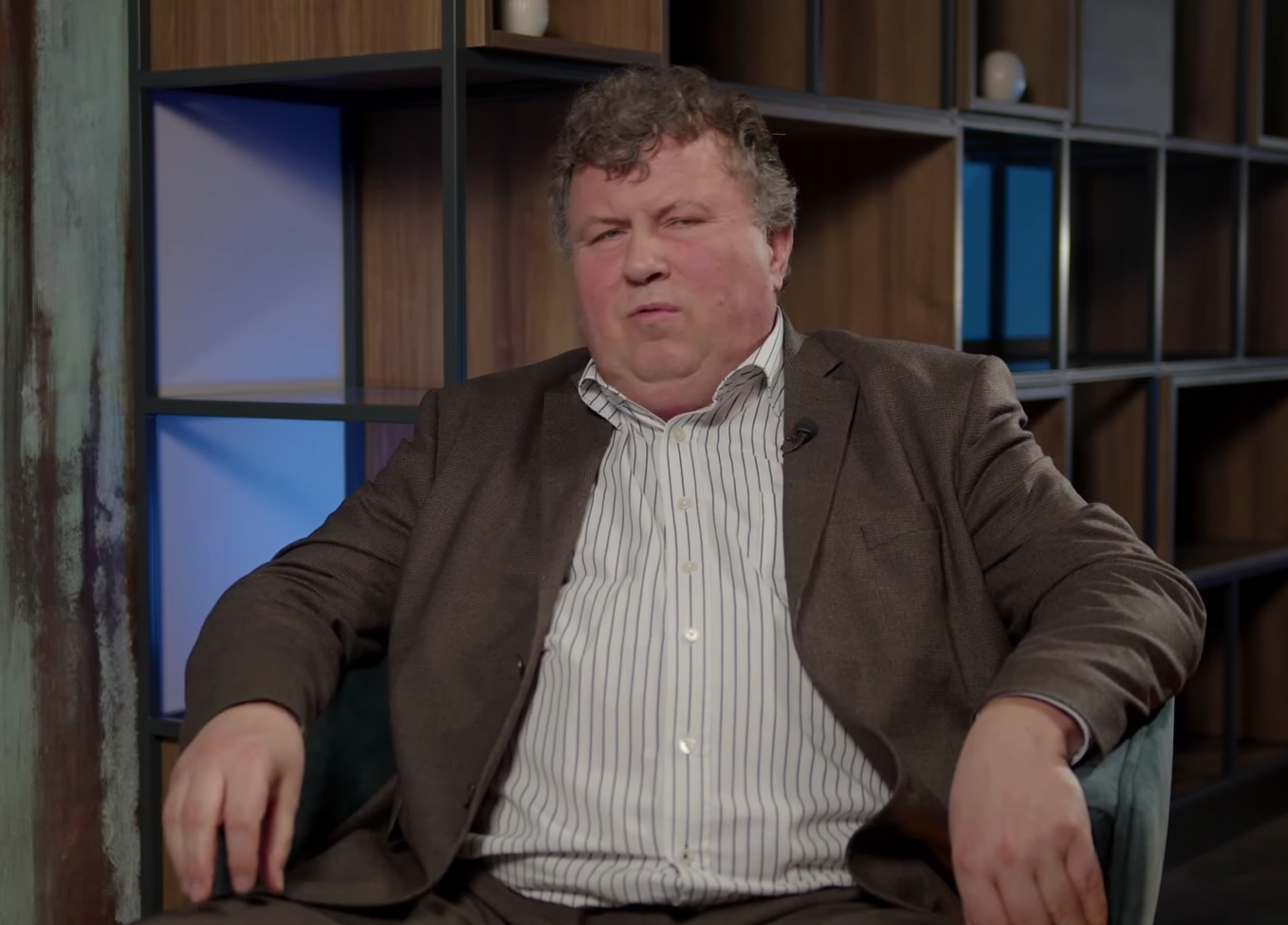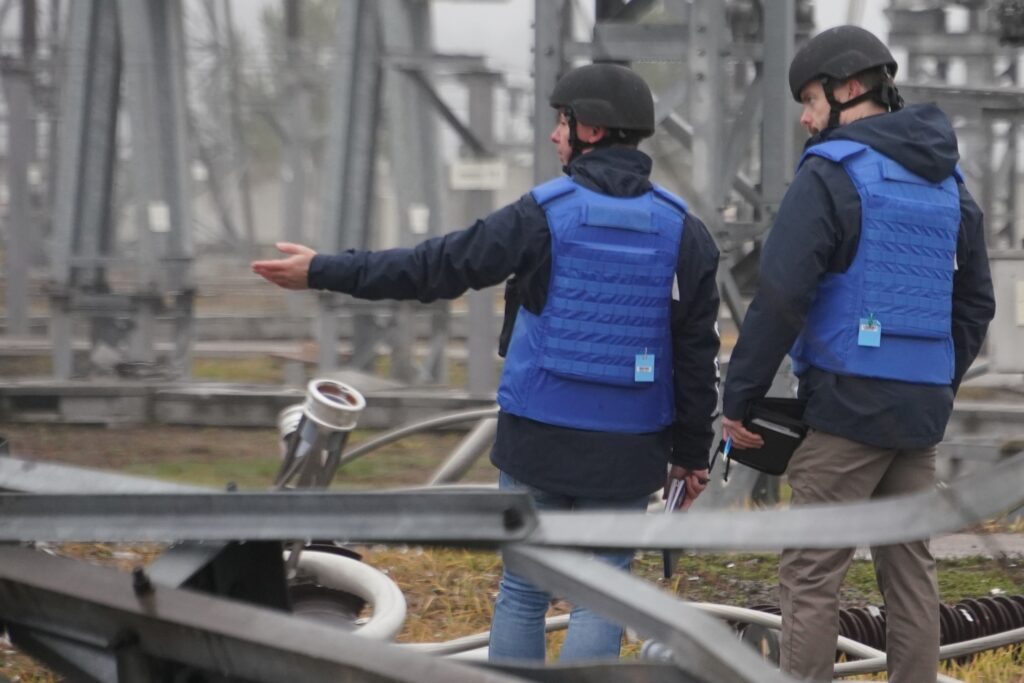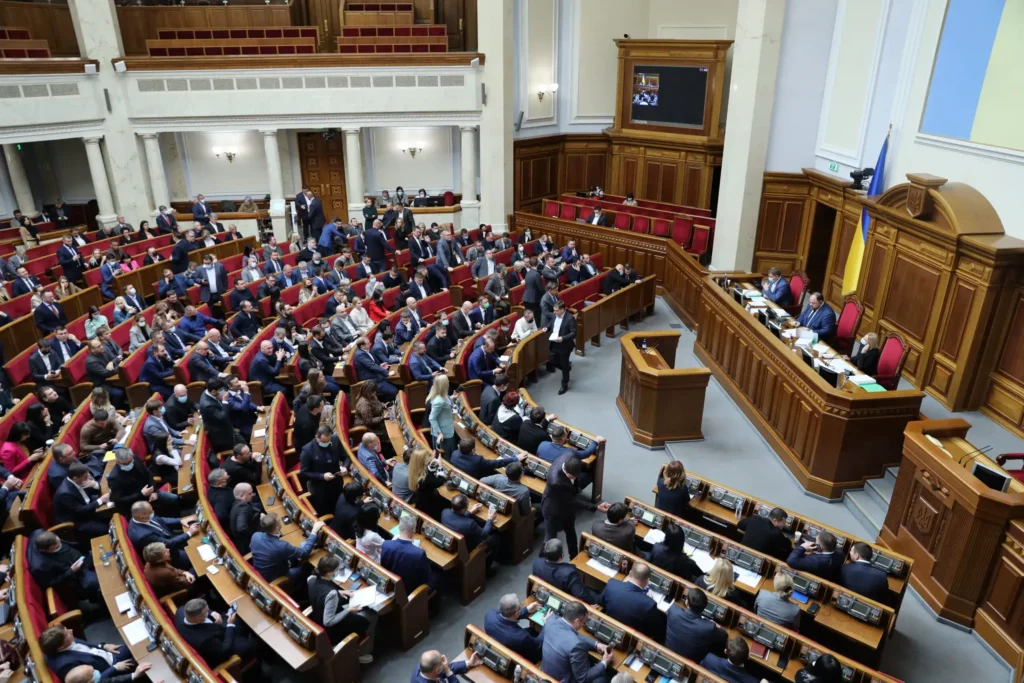KNU Rector denies mass departure of Ukrainian students abroad
28 October 2025 14:04 EXCLUSIVE
EXCLUSIVE
After the opening of the border for young people aged 18-22, there was no large outflow of students from the Kyiv National Shevchenko University. This was stated in an interview on the YouTube channel
According to the source, the university does not have such a problem. However, he studied this issue as soon as the topic of young people leaving the country began to be actively discussed.
“We don’t have a dramatic increase in the number of academic leaves among boys. Perhaps this is still ahead. I won’t predict, but I don’t see such a sharp movement, as I read about on Work.ua or in recruitment agencies, that many people have quit and left at Nova Poshta, Silpo, and Fozzy Group. Perhaps, after all, we are an educational institution, and students have a goal to get a diploma,” said Volodymyr Buhrov.
And, as the rector emphasized, they are trying not to draw too much attention to this topic in order not to harm them. But there are no drastic changes in the documents.
Earlier, Solomiya Orlenko, head of the Student Parliament of the Taras Shevchenko National University of Kyiv, spoke at the second panel of the forum “Youth cannot be let go,” organized by
According to
Watch us on YouTube: important topics – without censorship
Admission campaign 2025
The 2025 admission campaign in Ukraine covered 178,000 applicants, of whom almost 65,000 were enrolled on a state-funded basis. Up to 30 thousand more students will receive grants. In total, as of September 1, 2025, more than 750 thousand students are enrolled in higher education institutions.
The largest competition has traditionally been recorded in the specialties of Secondary Education, Medicine, and Computer Science.
At the same time, Ukraine’s educational system faces challenges caused by the war and mass migration of young people. There are about 2 million Ukrainian schoolchildren abroad, of whom 400,000 continue their studies under Ukrainian programs online.
The Ministry of Education and Science explains the introduction of the “zero course” by the need to maintain educational ties with those graduates who have temporarily dropped out of the Ukrainian educational process but are seeking higher education in their home country.
Author: Alla Dunina









